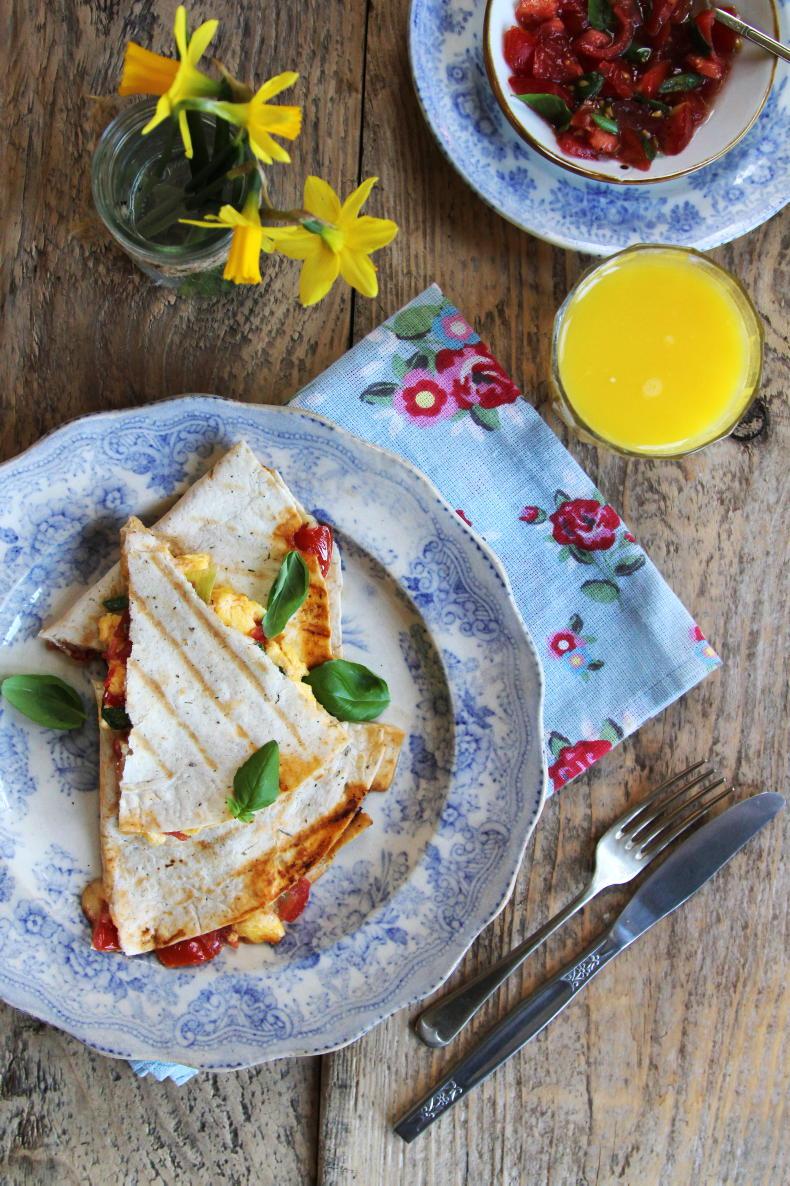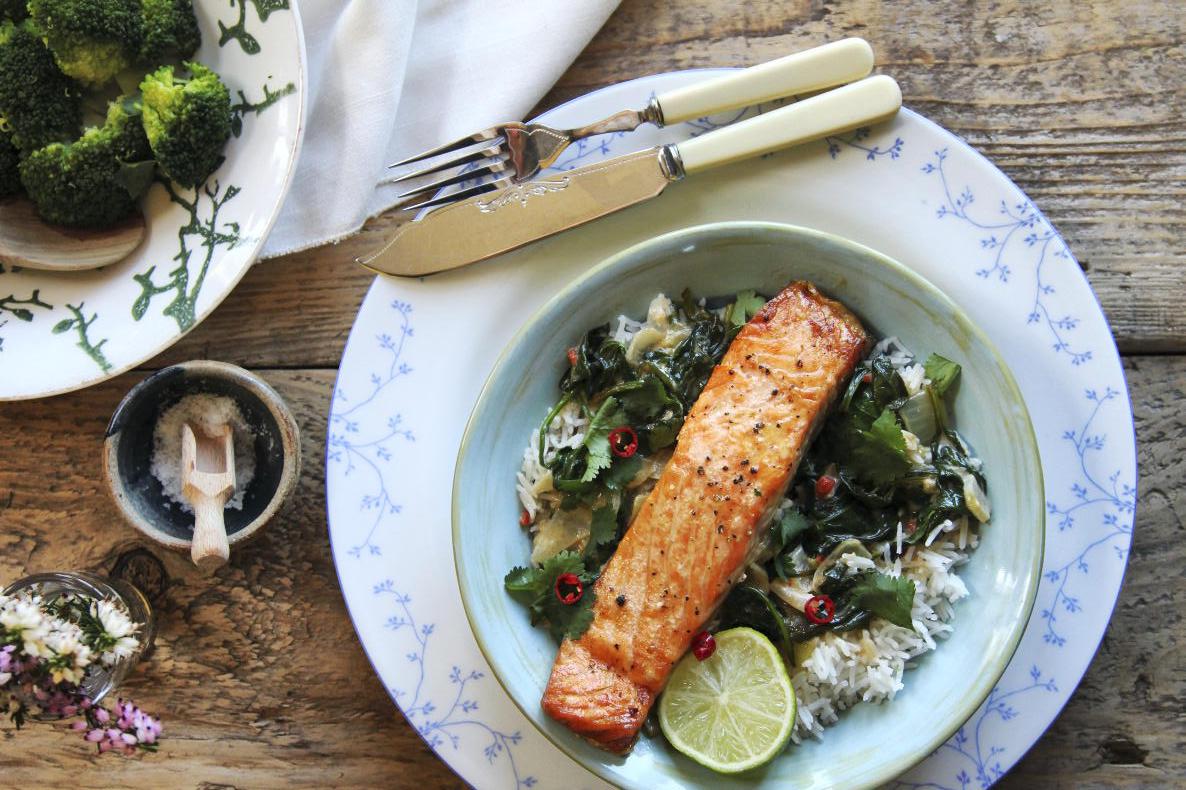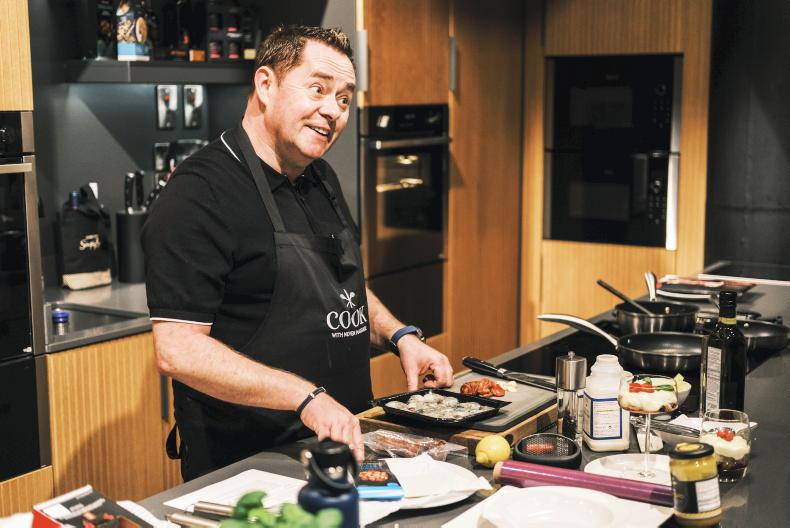Over the past year, it has been highlighted by many research groups, in Ireland and the United Kingdom, how our vitamin D levels may be a significant factor into how well our bodies cope if exposed to COVID-19.
Certainly, it seems, an optimal vitamin D level could be one manageable way to strengthen our bodies against the effects of COVID-19. What seems to correlate from the research is many people, especially in sun-limited countries such as Ireland, struggle to obtain ideal levels of this vital vitamin, but this can easily be corrected.
Vitamin D has a long-standing reputation of promoting calcium absorption, which encourages strong bone and muscle health, however, it is also considered an important component for a healthy immune system. Any vitamin or mineral deficiency will naturally impose a negative impact on our body’s health, but a vitamin D deficiency could potentially decrease our immune defences, therefore it’s something we need to keep in check.
We gain most of our vitamin D intake from sunlight, but it’s also complemented by our diets; through foods in which it presents naturally and foods which have been fortified with the vitamin. Some ways to easily increase our vitamin D levels include spending a little more time outdoors and eating foods which are rich in the vitamin.
Fatty fish, such as tuna, mackerel and salmon, all boast of significant vitamin D levels, as do egg yolks and cheese. Many milks, orange juices and cereals are now fortified with vitamin D, which will be highlighted on the packaging. Magnesium plays a pivotal role in the activation of vitamin D, therefore foods rich in magnesium, such as bananas, are also widely recommended.
The direct link between a vitamin D deficiency and the risk of contracting and becoming unwell with COVID-19 is still under research, however, since vitamin D has such a wealth of benefits, arming ourselves with a diet rich in this nutrient, while becoming aware of how much or little we consume couldn’t be a bad thing.
Breakfast wrap

Breakfast wrap.
Free range eggs, laid by hens which have daily access to the outdoors, will increase the vitamin D content of the eggs.
For the salsa:
300g tomatoes
2 scallions
Basil leaves
Sea salt and black pepper
Drizzle of olive oil
For the eggs:
4 free-range eggs
1 tbsp milk
Black pepper
1 tsp butter
For the wrap:
4 wholemeal flour tortillas
100g cheddar cheese, grated
1 First, make the salsa by adding the tomatoes and scallions to a bowl. Add a few roughly torn basil leaves, a little salt and pepper and a drizzle of olive oil. Mix to combine, and put to one side.2 Crack the eggs into a small bowl. Add the milk and whisk gently. Season with a little black pepper.3 Over a low heat, melt the butter in a medium-sized saucepan. Once it begins to foam, pour in the eggs. Using a wooden spoon gently stir and fold the eggs until they are almost cooked.4 Remove from the heat, and cover to keep warm. 5 Place a tortilla on a griddle pan and place it over a medium heat. Sprinkle a quarter of the cheese over the whole tortilla. Over one side of the tortilla, spoon quarter of the salsa, top with quarter of the scrambled egg, and fold over the other half of the tortilla on top. 6 Toast for about one minute, before turning and toasting on the other side until golden and the cheese inside has melted. Repeat with the remaining three tortillas. Enjoy!Creamy coconut lime salmon
Salmon is a rich source of vitamin D and vitamin B12, while also being loaded with heart-healthy, omega-3 fatty acids. This quick salmon dish is full of flavour and serves well with rice, noodles or quinoa.
4 salmon fillets
Salt and pepper
Olive oil
1 onion, finely diced
2 garlic cloves, crushed
1 tsp fresh ginger
1 small red chilli, finely diced
1 tin coconut milk
1 lime
1 tsp sriracha
125g spinach
Fresh coriander
Steamed rice & broccoli, to serve
1 Preheat the oven to 190°C/fan 170°C/gas mark 5. Line a baking tray with some parchment paper.2 Place the salmon fillets on the tray. Season each one with a little salt and pepper, and drizzle over a little olive oil. Place in the preheated oven and cook for 20 minutes.3 Meanwhile, place a large frying pan over a medium heat and add a tablespoon of olive oil. Add the onion and cook for about five minutes, until the onions are soft but not coloured. Stir through the garlic, ginger and chilli. 4 Add the coconut milk, the zest and juice of the lime and sriracha. Season with a little salt and pepper. Stir to combine. Turn down the heat to low and allow to simmer gently for 5 minutes, then stir through the spinach.5 Once the salmon is cooked, take from the oven and carefully add the fillets to the simmering sauce. Simmer for an additional 5 minutes, before scattering over some coriander leaves and serving straightway. Serve with a rice of your choice and some steamed broccoli. A new report released by the Government’s Joint Committee on Health indicates what we long suspected about vitamin D – and it’s potential to protect against viruses like COVID-19 – is true.
The report addresses vitamin D deficiency as a public health measure in Ireland, saying we now have a better understanding of how the pandemic unfolded. It also outlined that while things like access to ventilators and intensive care unit (ICU) capacity is important, we should also look at what preventative measures can be taken to protect against further respiratory viruses.
In Ireland, we are famously deficient in vitamin D, which is also known as the “sunshine vitamin”.
The report made four recommendations, the main one being:
“Daily vitamin D supplements of 20-25µg/day (800–1,000 IU/day) should be recommended to the entire adult population, where possible and where medically appropriate, as a public health measure to reduce the risk of respiratory and other illnesses such as osteoporosis. The committee recommends that where required, any supplementation at higher doses than this should be taken under medical supervision.”
They also recommend taking closer care with vulnerable groups and vitamin D deficiency (such as nursing home residents), lowering the cost of vitamin D to ensure accessibility and increasing awareness of the health benefits of the vitamin.
Inadequate levels of vitamin D has been associated with a number of diseases, including metabolic disorders, autoimmune conditions, psychiatric, respiratory and cardiovascular disorders, and cancers, as well as osteoporosis and osteomalacia. The report also notes that people over the age of 50 years are 75% more likely to experience depression if their vitamin D levels are low.
Over the past year, it has been highlighted by many research groups, in Ireland and the United Kingdom, how our vitamin D levels may be a significant factor into how well our bodies cope if exposed to COVID-19.
Certainly, it seems, an optimal vitamin D level could be one manageable way to strengthen our bodies against the effects of COVID-19. What seems to correlate from the research is many people, especially in sun-limited countries such as Ireland, struggle to obtain ideal levels of this vital vitamin, but this can easily be corrected.
Vitamin D has a long-standing reputation of promoting calcium absorption, which encourages strong bone and muscle health, however, it is also considered an important component for a healthy immune system. Any vitamin or mineral deficiency will naturally impose a negative impact on our body’s health, but a vitamin D deficiency could potentially decrease our immune defences, therefore it’s something we need to keep in check.
We gain most of our vitamin D intake from sunlight, but it’s also complemented by our diets; through foods in which it presents naturally and foods which have been fortified with the vitamin. Some ways to easily increase our vitamin D levels include spending a little more time outdoors and eating foods which are rich in the vitamin.
Fatty fish, such as tuna, mackerel and salmon, all boast of significant vitamin D levels, as do egg yolks and cheese. Many milks, orange juices and cereals are now fortified with vitamin D, which will be highlighted on the packaging. Magnesium plays a pivotal role in the activation of vitamin D, therefore foods rich in magnesium, such as bananas, are also widely recommended.
The direct link between a vitamin D deficiency and the risk of contracting and becoming unwell with COVID-19 is still under research, however, since vitamin D has such a wealth of benefits, arming ourselves with a diet rich in this nutrient, while becoming aware of how much or little we consume couldn’t be a bad thing.
Breakfast wrap

Breakfast wrap.
Free range eggs, laid by hens which have daily access to the outdoors, will increase the vitamin D content of the eggs.
For the salsa:
300g tomatoes
2 scallions
Basil leaves
Sea salt and black pepper
Drizzle of olive oil
For the eggs:
4 free-range eggs
1 tbsp milk
Black pepper
1 tsp butter
For the wrap:
4 wholemeal flour tortillas
100g cheddar cheese, grated
1 First, make the salsa by adding the tomatoes and scallions to a bowl. Add a few roughly torn basil leaves, a little salt and pepper and a drizzle of olive oil. Mix to combine, and put to one side.2 Crack the eggs into a small bowl. Add the milk and whisk gently. Season with a little black pepper.3 Over a low heat, melt the butter in a medium-sized saucepan. Once it begins to foam, pour in the eggs. Using a wooden spoon gently stir and fold the eggs until they are almost cooked.4 Remove from the heat, and cover to keep warm. 5 Place a tortilla on a griddle pan and place it over a medium heat. Sprinkle a quarter of the cheese over the whole tortilla. Over one side of the tortilla, spoon quarter of the salsa, top with quarter of the scrambled egg, and fold over the other half of the tortilla on top. 6 Toast for about one minute, before turning and toasting on the other side until golden and the cheese inside has melted. Repeat with the remaining three tortillas. Enjoy!Creamy coconut lime salmon
Salmon is a rich source of vitamin D and vitamin B12, while also being loaded with heart-healthy, omega-3 fatty acids. This quick salmon dish is full of flavour and serves well with rice, noodles or quinoa.
4 salmon fillets
Salt and pepper
Olive oil
1 onion, finely diced
2 garlic cloves, crushed
1 tsp fresh ginger
1 small red chilli, finely diced
1 tin coconut milk
1 lime
1 tsp sriracha
125g spinach
Fresh coriander
Steamed rice & broccoli, to serve
1 Preheat the oven to 190°C/fan 170°C/gas mark 5. Line a baking tray with some parchment paper.2 Place the salmon fillets on the tray. Season each one with a little salt and pepper, and drizzle over a little olive oil. Place in the preheated oven and cook for 20 minutes.3 Meanwhile, place a large frying pan over a medium heat and add a tablespoon of olive oil. Add the onion and cook for about five minutes, until the onions are soft but not coloured. Stir through the garlic, ginger and chilli. 4 Add the coconut milk, the zest and juice of the lime and sriracha. Season with a little salt and pepper. Stir to combine. Turn down the heat to low and allow to simmer gently for 5 minutes, then stir through the spinach.5 Once the salmon is cooked, take from the oven and carefully add the fillets to the simmering sauce. Simmer for an additional 5 minutes, before scattering over some coriander leaves and serving straightway. Serve with a rice of your choice and some steamed broccoli. A new report released by the Government’s Joint Committee on Health indicates what we long suspected about vitamin D – and it’s potential to protect against viruses like COVID-19 – is true.
The report addresses vitamin D deficiency as a public health measure in Ireland, saying we now have a better understanding of how the pandemic unfolded. It also outlined that while things like access to ventilators and intensive care unit (ICU) capacity is important, we should also look at what preventative measures can be taken to protect against further respiratory viruses.
In Ireland, we are famously deficient in vitamin D, which is also known as the “sunshine vitamin”.
The report made four recommendations, the main one being:
“Daily vitamin D supplements of 20-25µg/day (800–1,000 IU/day) should be recommended to the entire adult population, where possible and where medically appropriate, as a public health measure to reduce the risk of respiratory and other illnesses such as osteoporosis. The committee recommends that where required, any supplementation at higher doses than this should be taken under medical supervision.”
They also recommend taking closer care with vulnerable groups and vitamin D deficiency (such as nursing home residents), lowering the cost of vitamin D to ensure accessibility and increasing awareness of the health benefits of the vitamin.
Inadequate levels of vitamin D has been associated with a number of diseases, including metabolic disorders, autoimmune conditions, psychiatric, respiratory and cardiovascular disorders, and cancers, as well as osteoporosis and osteomalacia. The report also notes that people over the age of 50 years are 75% more likely to experience depression if their vitamin D levels are low.









SHARING OPTIONS